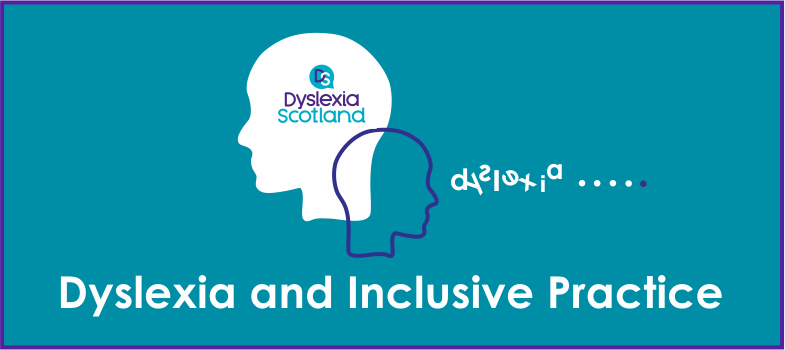Positive aspects of dyslexia − Strengths of dyslexia providing a positive impact on the four factors
It is important to understand, recognise and share with the learner and their family that there are positive aspects to dyslexia and that using the learner’s strengths which are identified during the identification process will help develop a range of supportive skills. If this area is not explored the negative aspects of dyslexia can become the dominant factors and impact negatively on the learner’s health, wellbeing and achievements.
If a learner has the right support and an accessible learning environment the difficulties which can be experienced will be minimised and in some cases will not impact on the learner’s abilities and opportunities to engage fully with their education.
Activity 4
Insert the words into the correct columns. Please note the words can be may be used more than once.
Resilience, Creativity, Determination, Family support, Problem solving, Empathy with different approaches, Benefits from different ways of thinking and problem solving, Holistic thinking, Enquiring questioning, Self-belief, Adaptable, Focused, Positive mind set, Acceptance of people’s individuality, Time management, Diversity, Self-efficacy, Sense of control, Transferable skills, Understanding difference, Organisation , Number Skills, Spatial awareness, Visualisation oral language skills, Physical skills – dance/ sport, Thorough preparation , Imaginative use of IT, Strong subject knowledge
| Learning Environment | Family Circumstances | Disability or health need | Social and emotional factors |
|---|---|---|---|
Answer
Please note that this is not exhaustive and you may have other suggestions.
| Learning Environment | Family Circumstances | Disability or health need | Social and emotional factors |
|---|---|---|---|
Creativity Problem solving Empathy with different approaches Benefits from different ways of thinking and problem solving Holistic thinking Time management Transferable skills Thorough preparation Imaginative use of IT Strong subject knowledge Spatial awareness Visualisation Oral language skills Physical skills – dance/ sport | Resilience Creativity Determination Family support Empathy with different approaches Benefits from different ways of thinking and problem solving Holistic thinking Enquiring questioning Self-belief Adaptable Positive mind set Acceptance of people’s Individuality Time management Transferable skills Understanding difference | Adaptable Focused Positive mind set Acceptance of people’s Individuality Diversity Self-efficacy Sense of control Transferable skills Understanding difference Thorough preparation Imaginative use of IT | Resilience Creativity Determination Family support Problem solving Holistic thinking Enquiring questioning self-belief Adaptable Focused Positive mind set Time management Self-efficacy Sense of control Understanding difference Thorough preparation Imaginative use of IT |
Identification of dyslexia in Scottish Schools
